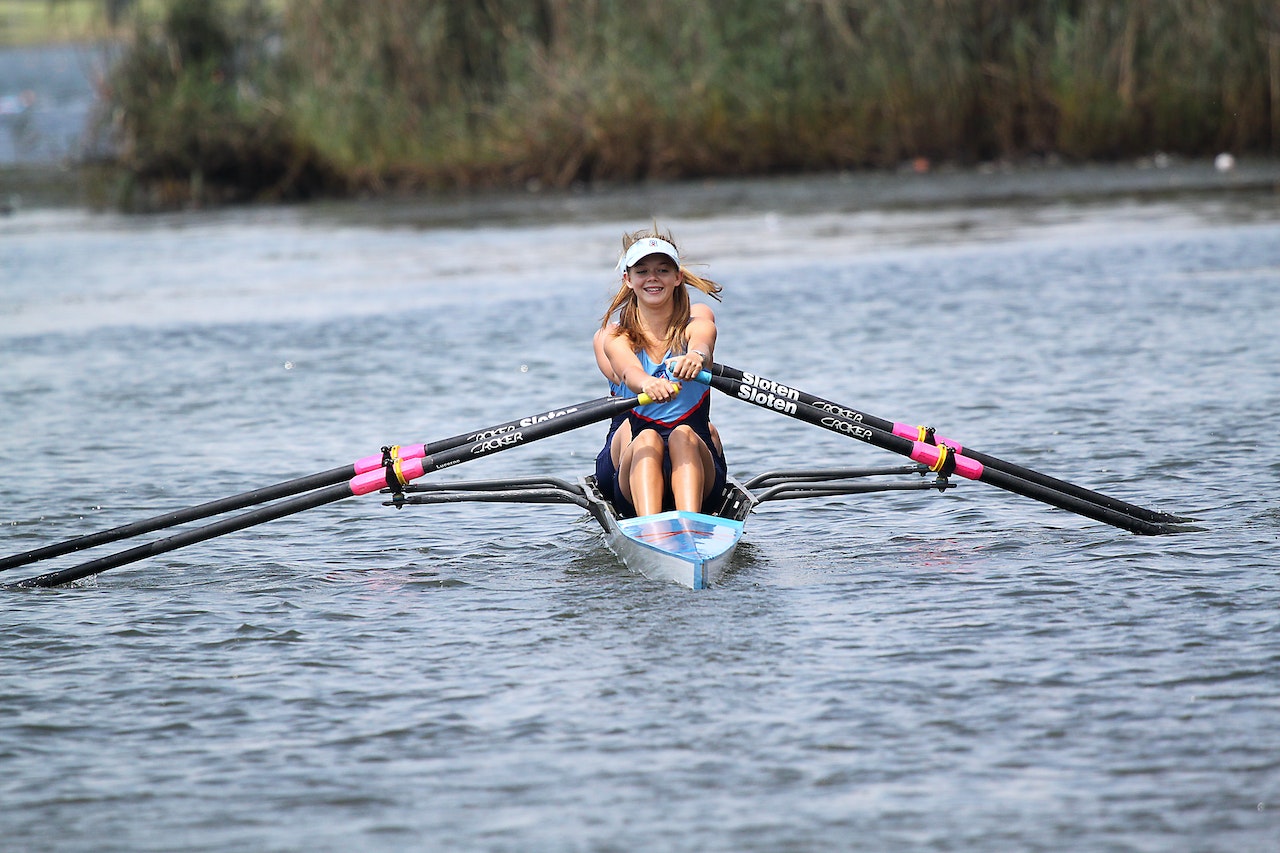The 1962 World Rowing Championships, hosted in Lucerne, Switzerland, might seem like an extraordinary topic to discuss when considering events that have had global impacts. However, this prestigious event merits recognition and appreciation not only because it was the first FISA World Rowing Championship after WWII but also because it marked several significant turning-points in the world of competitive rowing. Its impact resonates still today through its promotion of gender, political and societal equality often overlooked in those times. Let’s delve deeper into the remarkable moment in sporting history and explore the profound changes which stemmed from it.
Breaking Gender Stereotypes – Women’s Participation
One striking feature of the 1962 World Rowing Championships was for the first time the inclusion of female athletes in the competition. Before this milestone event, rowing had been predominantly a male-dominated sport – imposing various restrictions on female participation.
This breakthrough helped pave the way for women to become a visible and active part of international rowing tournaments. The inclusion of women’s events at these championships testified to the growing acceptance that female athletes were capable of producing high-performance results of equal merit as their male counterparts.
The recognition of women’s participation led to increased opportunities for them to engage in competitive sports more broadly. Many countries then began nurturing and training their female athletes at equal par with men – setting up development programs tailored specifically for them – significantly impacting women’s sports growth globally.
Bridging Political Divides
The 1962 World Rowing Championship served as a unifying force amid a politically divided world during the peak Cold War era. Sports have often played an essential role in fostering exchanges across country borders, where politics failed.
Hosting teams from both Eastern and Western blocs competing on an equal footing was no less than a silent yet powerful demonstration against political hostilities. Athletes from numerous nations gathered together for a shared purpose – showcasing their dedication and love for rowing – regardless of their governments’ disagreements or ideological differences.
Fostering International Cooperation
Similarly, this championship encouraged collaboration between organizers from different countries, sharing experiences and knowledge on how to successfully conduct such events efficiently. Officials from FISA (International Rowing Federation) welcomed input from participants and observers alike, creating channels for exchanging ideas between national governing bodies involved in rowing worldwide.
The support and acknowledgment by international organizations such as FISA fostered a sense of common ground upon which future global sporting events were built upon. This collaborative approach remains embedded within modern sports management practices today, extending beyond rowing to other disciplines in constant pursuit of improvements or betterment through creative solutions and design innovations.
Inspiring Future Generations
Last but not least, the 1962 World Rowing Championships left a legacy that continues to impact future generations of athletes – transcending geographical boundaries just as it did back then. With fans and aspiring athletes watching this historic spectacle unfold on TVs worldwide, many were inspired to take up rowing themselves or become part of sports management teams resulting in expanding local competitions worldwide.
Far beyond medals awarded back then or records set, we can appreciate today how revolutionary that event must have seemed against its historical backdrop – and how influential it has become beyond its times.
Standing as a testament to courage against adversity – breaking gender stereotypes by recognizing women’s prowess – bridging political divides by assembling teams from opposing factions, and fostering international cooperation within sporting communities are legacies worth celebrating born out from this extraordinary event held six decades ago.
As we continue to remember moments like these in sports history – may they inspire current generations similarly to break conventions that hinder human talents from flourishing – regardless of gender or political affiliations. In doing so, we contribute towards global peace-building anchored on this belief – that only together can we truly make great strides forward individually and collectively as humanity.
